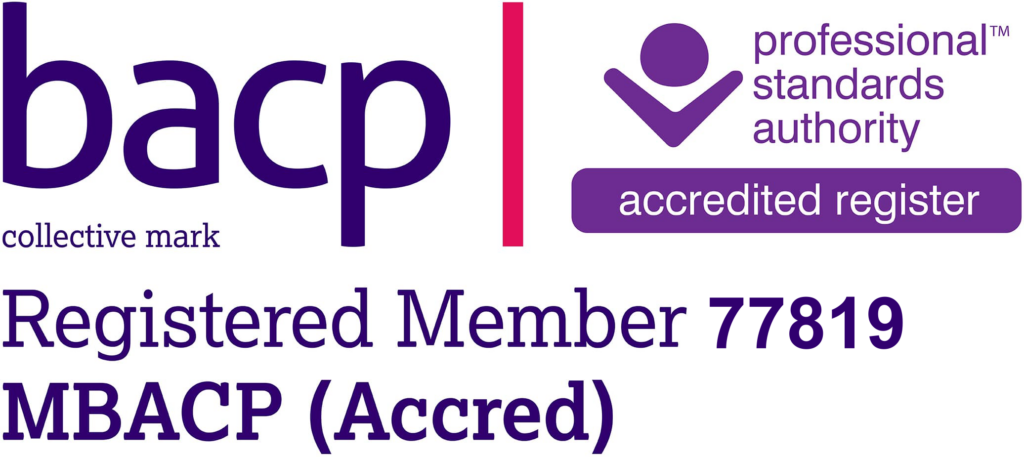"Assisting For Deeper Change"
Coaches And Mentors
The coaches and mentors at Clarity Of Mind are ready to assist your organization or as an individual with certain areas of your business or personal life, we may act as a catalyst, educators, as a resource, or facilitators to make a change within your organization or life as an individual. For those who may not want therapy but perhaps to learn new tools to create change.
Life coaching isn’t just giving advice. It’s more about developing a relationship with your client that helps them to decide what changes they need to make to achieve their potential.
Coaching and counselling are similar as they both develop on-going, confidential, one-to-one relationships. However, counselling focuses on deep emotional healing, while coaching concentrates on identifying personal strengths, areas for development and helps clients to plan positive goals.
As well as dealing with clients on an individual basis, you may also deliver personal development workshops for small or large groups. It’s crucial that, as a life coach, you’re able to identify when a client may need to be referred for alternative support.
Life coaching isn’t a regulated service but clients may expect you to be accredited by a professional body to reflect your training and ethical working.
Types of life coaching
You would usually specialise in one area of coaching, such as:
- career coaching
- executive business
- group coaching
- health and wellbeing
- performance management
- personal development
- relationship
- retirement
- spiritual
- youth coaching.
For some areas of coaching, such as executive business, companies or individuals may expect you to have a background in HR and training, or business. It’s important to research each discipline to have a clear understanding of what’s expected of you in the role.
Responsibilities
As a life coach, you’ll need to:
- agree a coaching contract for a number of sessions, discuss confidentiality and work to a Code of Ethics
- build a good working relationship with your client that allows them to communicate their values and beliefs
- motivate and encourage your client throughout the change process
- use coaching skills to develop your client’s self-awareness
- be aware of self-help techniques such as mindfulness and how this can help clients to manage stress and increase productivity
- help clients gain a clearer understanding of their beliefs and how they impact their feelings
- work with clients to develop agreed strategies for reaching their goals, continually reviewing progress
- have a clear understanding of coaching frameworks and theories of positive psychology with the ability to apply them in practice
- work safely as a reflective practitioner to develop greater self-awareness when working with clients.
What is a Mentor?
A mentor is defined in the Oxford Dictionary as an “experienced and trusted
adviser”. This description reflects how we would like to see mentors work with
their mentees. Your role as mentor will cover at least some of the following:
• Listen
• Ask questions to help develop your’s and the mentee’s understanding of a
situation or problem
• Provide information and knowledge and share informal networks
• Provide advice on career development
• Offer different perspectives
• Provide support and encouragement
• Provide an insight into your work and career
• Offer guidance and advice in regards to qualifications
• Be a sounding board
• Be a critical friend
• Encourage self reflection
• Help mentees identify areas for development
As a mentor you will have the opportunity to use your experience and knowledge
in a facilitative manner to support the development of the mentee. However, the
responsibility for making things happen and putting plans into action lies primarily
with the mentee – not with you.
Why Mentoring?
• It has flexibility – mentoring can happen in so many ways and under lots of
different circumstances
• Is an off line activity- it is not a role carried out by the mentee’s line
manager although mentoring conversations can become part of day to day
activity and don’t always need to be scheduled
• It relates to work and the job
• It is individual – each relationship will be unique to those two individuals
involved
• It is people centred
• It provides a feedback system- feedback is central to mentoring and is a
great tool to enhance and embed learning
• It is broad in focus – it should meet the needs of the mentee and mentor
• It is not exclusive – but actually complements other methods of learning

